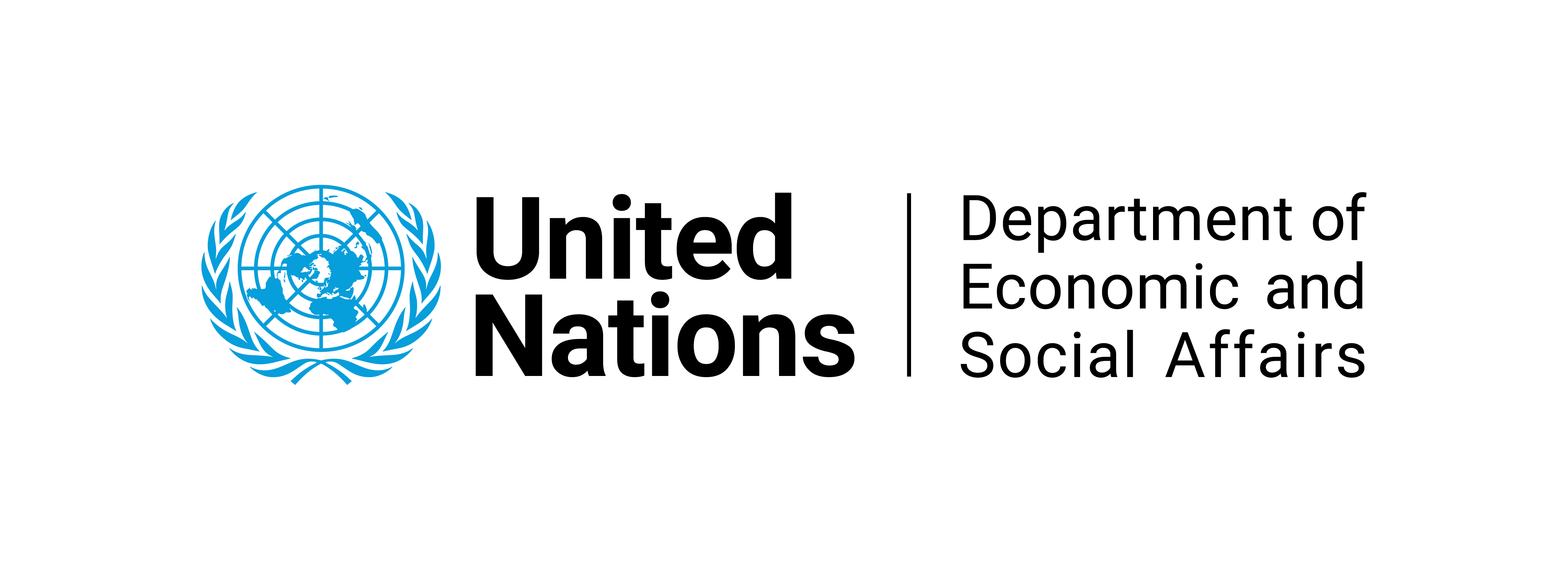2.8 Maintaining close relations with users#
The NSO and other producers of official statistics need to plan and carry out their statistical production and services to satisfy different user groups’ needs. Thus, the statistical programmes should be based on demand for the statistics – be “demand-driven”. Hence, the statistical agencies must study, map, and monitor the different needs and demand. This may be done in several ways.
Internally, the producers of official statistics face demand from their various users, both for broad level statistics and for specific data sets. To learn of such demands and monitor them, the NSOs and the other producers have to establish and maintain close relations with their users. This can be done in various ways.
Some countries operate statistical advisory councils composed of user representatives of various institutions and groups, such as ministries and other heavy users from government, labour market organizations, academia, and research institutions as well as representatives of civil society.
The mandate of the statistical councils is most often to work with the chief statistician of the country and advise the NSO and other producers how to respond to user demand and help set priorities for the statistical production in light of the demand. Many NSOs operate user groups in various domains. Their mandate is most often that of working with middle management and experts of the NSO and other producers on the provision of statistics in the different domains. In many countries, user groups are found to be valuable users-producers fora to discuss the coverage and quality of the supply of statistics, the need for new statistics, and the extension of the current compilation into new or emerging fields.
All NSOs and other producers of official statistics participate in international statistical cooperation. Consequently, they face demands for specific statistics from international statistical agencies of which they are members or partners in cooperation. In many instances, this originates from the commitments made by their governments as members of international bodies and participants in cooperation. A large part of the regular statistical production of NSOs and their NSS partners is based on such commitments. This applies to the basic economic statistics like national accounts, foreign trade statistics, government finance statistics and monetary statistics. In social statistics, most countries are committed to render regular statistics on their population, and various aspects of social conditions, such as poverty, health, education, employment, and gender equality. In recent years, countries have undertaken to compile and publish various kinds of environment and energy statistics through international agreements and cooperation. Many countries have recently committed themselves to supply statistics for the sustainable development agenda, which has greatly added to their statistical programmes.
In addition to having country commitments, NSOs may, and many do, take advantage of international cooperation to learn from what neighbouring countries are doing in terms of official statistics and how they are managing to extend their programmes beyond their international commitments.
The NSOs, and in some cases their NSS partners, operate dissemination departments that are responsible for the release of statistical results and reports and communicating with users. Such departments are usually responsible for the websites that have become a major if not the main choice of the NSOs and other producers for publishing their statistical findings and products. Websites are also an important means for communicating with users, seeking their feedback and views on their demand and level of satisfaction, and gauging their needs and priorities. Data portals are recent additions to digital dissemination tools. These are web-based, interactive data platforms that provide access to one or more databases containing statistical indicators. With growing digitalisation of governments, data portals have become an important means of making statistics available within government and the public.
